Home>Others>Eco-Friendly Products>How To Get Rid Of Rats In Compost Bin
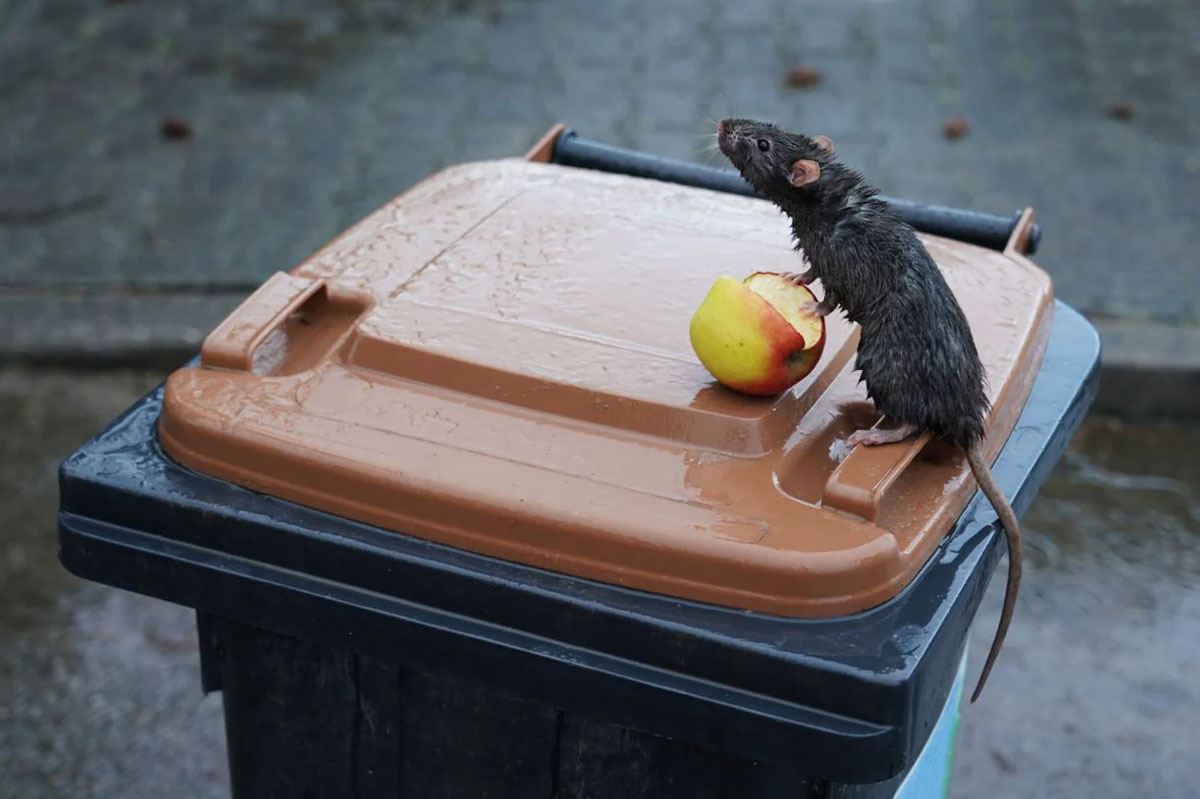

Eco-Friendly Products
How To Get Rid Of Rats In Compost Bin
Modified: January 14, 2024
Learn how to effectively eliminate rats from your compost bin using eco-friendly products. Keep your compost area clean and pest-free with these simple and sustainable solutions.
(Many of the links in this article redirect to a specific reviewed product. Your purchase of these products through affiliate links helps to generate commission for Storables.com, at no extra cost. Learn more)
Introduction
Welcome to the wonderful world of composting! Composting is a fantastic way to reduce waste, enrich the soil, and contribute to a healthier environment. However, it’s not uncommon for compost bins to attract unwanted visitors, such as rats. Dealing with rats in your compost bin can be a frustrating and challenging experience, but fear not – there are effective and eco-friendly solutions to address this issue.
In this article, we’ll delve into the various aspects of dealing with rats in compost bins, from understanding the root of the problem to implementing preventative measures and natural remedies. By the end of this read, you’ll be equipped with the knowledge and strategies to effectively manage and eliminate rats from your compost bin, all while maintaining a sustainable and eco-friendly approach.
Key Takeaways:
- Keep rats out of your compost bin by securing it, avoiding certain food scraps, and using natural remedies like peppermint oil and citrus peels. Embrace eco-friendly pest control for a healthier composting environment.
- Use humane traps and natural deterrents like ultrasonic repellents to manage rat infestations in your compost bin. By combining prevention, natural remedies, and ethical pest management, you can maintain a rat-free composting environment.
Read more: How To Get Rid Of Maggots In A Compost Bin
Understanding the Rat Problem in Compost Bins
Rats are attracted to compost bins due to the abundance of organic materials, warmth, and potential food sources. Compost bins provide an ideal environment for rats to seek shelter, build nests, and forage for food, making them a common target for these unwelcome pests.
One of the key factors that draw rats to compost bins is the presence of food scraps. Rats are opportunistic feeders and can easily access leftover food in compost bins, which serves as a readily available food source. Additionally, the warmth generated during the decomposition process in the compost bin creates a cozy habitat for rats to nest and reproduce.
It’s essential to recognize that a rat infestation in your compost bin can pose health risks and lead to potential contamination of the compost. Rats carry diseases and can introduce harmful bacteria to the compost, compromising its quality and safety for use in gardening and landscaping.
Understanding the behavior and attraction factors of rats to compost bins is crucial in devising effective strategies to mitigate and resolve the issue. By gaining insight into the root causes of the rat problem, you can implement targeted measures to deter rats and maintain a healthy composting environment.
Prevention Measures
Preventing rats from infiltrating your compost bin is a proactive approach to mitigating the risk of infestation and maintaining a harmonious composting process. Here are some effective prevention measures to consider:
- Secure the Bin: Ensure that your compost bin is securely constructed and free from gaps or openings that rats can exploit to gain access. A well-designed and properly sealed compost bin can significantly reduce the likelihood of rats infiltrating the contents.
- Avoid Certain Food Scraps: Refrain from adding certain food scraps, such as meat, dairy, and oily items, to your compost bin. These items not only attract rats but also slow down the decomposition process and can lead to unpleasant odors.
- Regular Turning: Regularly turning and aerating the compost can deter rats, as the disturbance and exposure to air can make the environment less appealing to them.
- Use Bokashi Composting: Consider implementing a bokashi composting system for food scraps that may be particularly attractive to rats. Bokashi composting utilizes anaerobic fermentation, which can help control odors and discourage pests.
- Compost Bin Placement: Position your compost bin on a hard, flat surface, such as concrete, to make it more difficult for rats to burrow underneath and access the contents. Additionally, avoid locating the bin near overgrown vegetation or structures that rats can use as hiding spots.
- Compost Bin Covers: Utilize a secure lid or cover for your compost bin to prevent rats from easily entering and exploring the contents. Ensure that the cover fits tightly and is resistant to tampering by rodents.
By implementing these preventative measures, you can create a less hospitable environment for rats and minimize the risk of attracting them to your compost bin. Taking proactive steps to deter rats from the outset can contribute to a smoother and more enjoyable composting experience while safeguarding the integrity of your compost.
To get rid of rats in a compost bin, make sure the bin is tightly sealed to prevent access, avoid putting meat or dairy in the compost, and regularly turn the compost to disturb rat nests.
Natural Remedies to Get Rid of Rats in Compost Bin
When it comes to addressing rat infestations in compost bins, natural remedies offer effective and environmentally friendly solutions. These remedies aim to deter rats from the composting environment without resorting to harmful chemicals or methods. Here are some natural remedies to consider:
- Peppermint Oil: Rats are known to have an aversion to the strong scent of peppermint oil. By placing cotton balls soaked in peppermint oil around the perimeter of the compost bin or near potential entry points, you can create a deterrent that discourages rats from approaching the area.
- Citrus Peels: The scent of citrus, particularly from lemon and orange peels, can act as a natural rat repellent. Scatter citrus peels in and around the compost bin to create an aroma that rats find unpleasant, thereby deterring them from nesting or foraging in the vicinity.
- Eucalyptus Leaves: Eucalyptus leaves contain compounds that emit a strong scent that rats find repulsive. Placing eucalyptus leaves in strategic locations around the compost bin can help deter rats from lingering in the area.
- Beneficial Nematodes: Introducing beneficial nematodes to the soil around the compost bin can help control the population of pests, including rats. These microscopic organisms prey on insect larvae and can contribute to a natural balance within the composting ecosystem.
- Ultrasonic Repellents: Ultrasonic devices emit high-frequency sound waves that are disruptive to rodents, including rats. Placing ultrasonic repellents near the compost bin can help deter rats without posing any harm to humans, pets, or the environment.
By incorporating these natural remedies into your rat management strategy, you can create an environment that is less appealing to rats while upholding the principles of eco-friendly and sustainable pest control. These remedies offer a safe and non-toxic approach to addressing rat infestations in compost bins, aligning with the ethos of responsible and environmentally conscious composting practices.
Setting Traps for Rats in Compost Bin
When faced with a persistent rat infestation in your compost bin, employing traps can be an effective method to control and reduce the rat population. It’s important to approach trap setting with careful consideration for the well-being of both the rats and the surrounding environment. Here are some key points to keep in mind when setting traps for rats in a compost bin:
- Selecting Humane Traps: Opt for humane traps that capture rats without causing them harm. Live-catch traps allow you to safely capture rats and release them into a more suitable habitat away from your composting area.
- Strategic Placement: Identify the areas within or around the compost bin where rat activity is most prevalent. Place traps in these locations, ensuring that they are securely positioned and unlikely to be disturbed by other wildlife or pets.
- Baiting the Traps: Utilize bait that is attractive to rats, such as peanut butter or nuts, to entice them into the traps. Ensure that the bait is securely positioned within the trap to effectively lure the rats inside.
- Regular Monitoring: Check the traps regularly to assess if any rats have been captured. It’s crucial to promptly remove captured rats from the area and release them in a suitable location, maintaining a humane and compassionate approach to pest management.
- Preventing Recurrence: Once rats have been successfully trapped and removed, assess and reinforce the preventative measures around the compost bin to minimize the likelihood of future rat infestations. Address any potential entry points or environmental factors that may attract rats.
Setting traps for rats in a compost bin should be approached with a focus on humane and ethical pest management. By employing humane traps and employing responsible trapping practices, you can effectively address rat infestations while upholding a compassionate and environmentally conscious approach to pest control.
Read more: How To Get Rid Of Ants In A Compost Bin
Conclusion
Dealing with rats in your compost bin can present challenges, but with the right strategies and a commitment to eco-friendly practices, you can effectively manage and eliminate rat infestations while maintaining a sustainable composting environment. By understanding the factors that attract rats to compost bins and implementing preventative measures, you can create a less hospitable environment for these pests.
Utilizing natural remedies, such as peppermint oil, citrus peels, and ultrasonic repellents, offers a non-toxic and environmentally friendly approach to deterring rats from the composting area. These natural solutions align with the principles of responsible and sustainable pest control, ensuring that the ecosystem remains balanced and healthy.
When necessary, setting traps for rats in the compost bin can provide a targeted and humane method of reducing the rat population. Employing live-catch traps and practicing responsible trapping techniques allows for the safe capture and release of rats, minimizing harm to the animals and the surrounding environment.
Ultimately, maintaining a rat-free composting environment requires a combination of proactive prevention, natural deterrents, and ethical pest management practices. By embracing these approaches, you can enjoy the benefits of composting while fostering a harmonious coexistence with the natural world.
Remember, the journey to a rat-free compost bin is not only about addressing the immediate challenge but also about embracing a mindset of sustainability and respect for the environment. By integrating eco-friendly solutions and compassionate pest management, you can create a thriving composting ecosystem that is free from unwanted intruders.
Frequently Asked Questions about How To Get Rid Of Rats In Compost Bin
Was this page helpful?
At Storables.com, we guarantee accurate and reliable information. Our content, validated by Expert Board Contributors, is crafted following stringent Editorial Policies. We're committed to providing you with well-researched, expert-backed insights for all your informational needs.
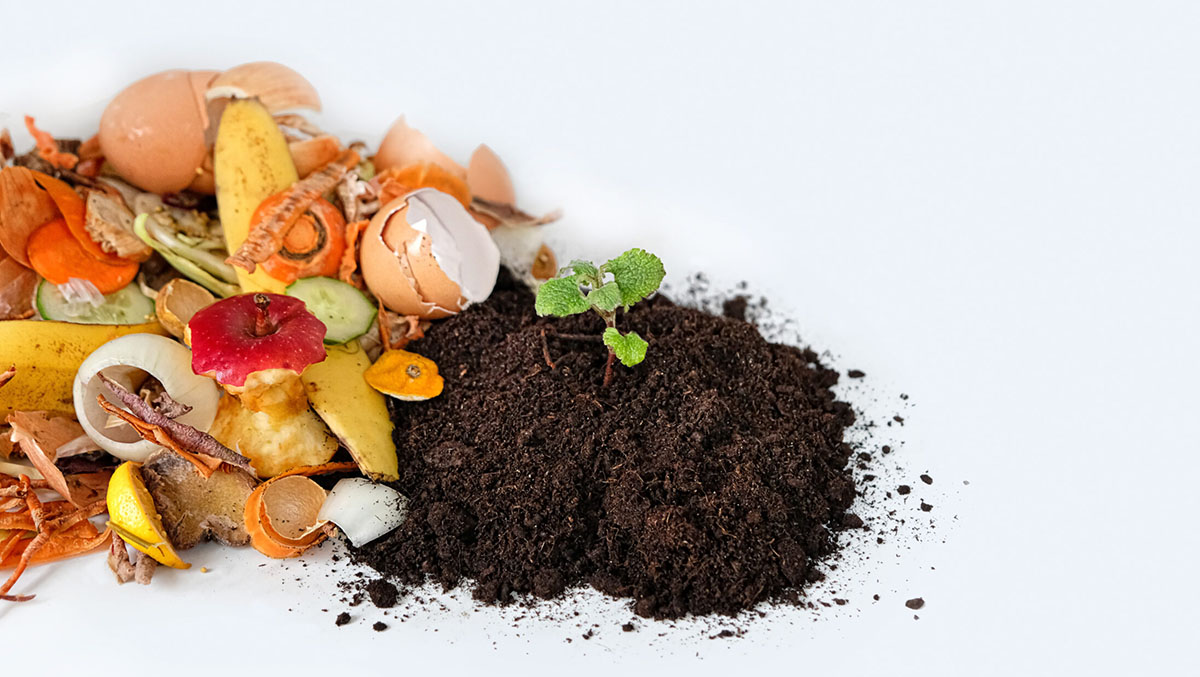
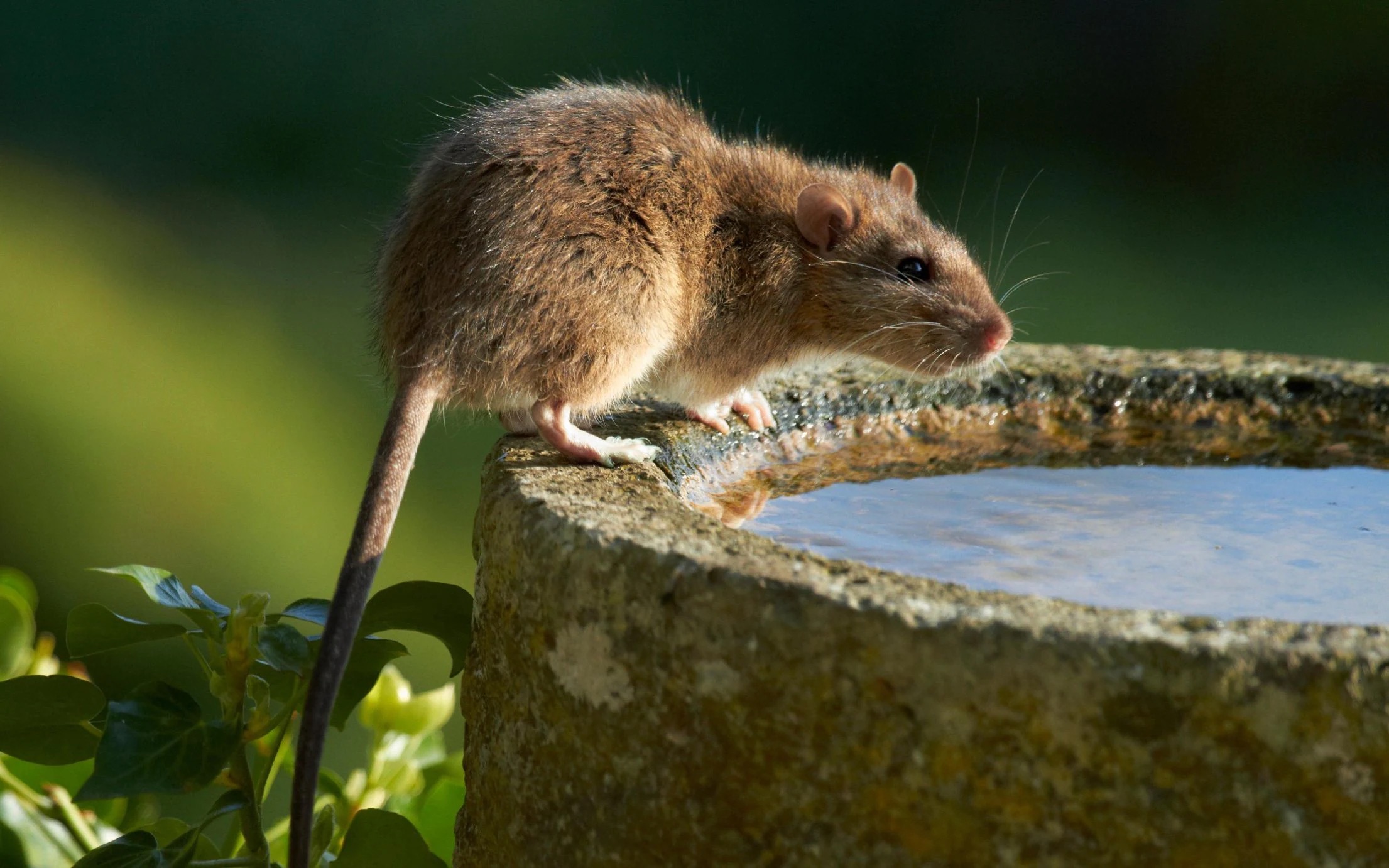
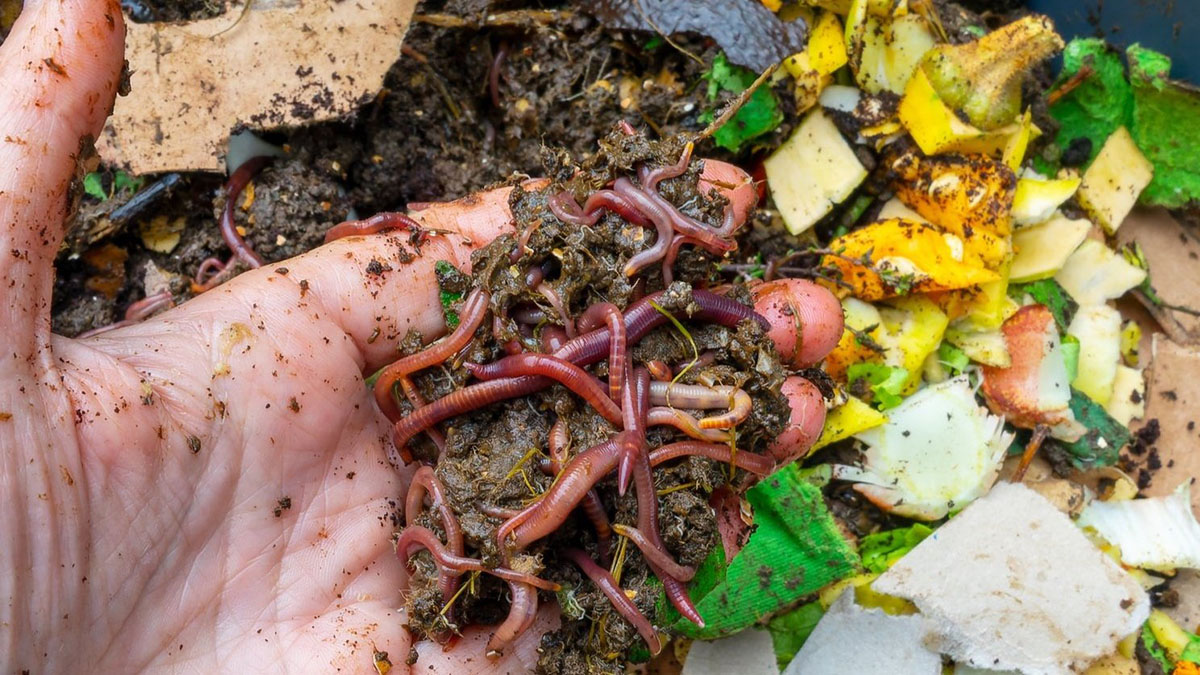
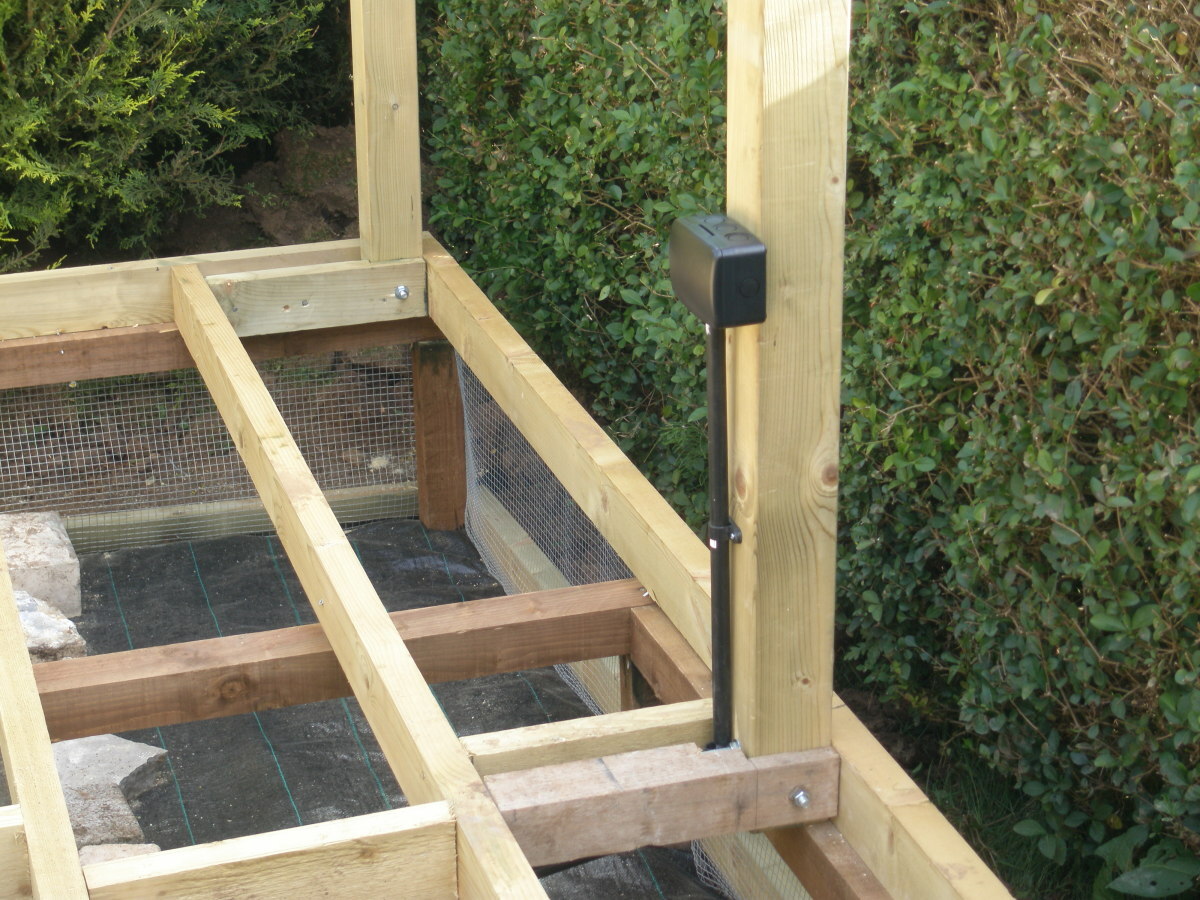
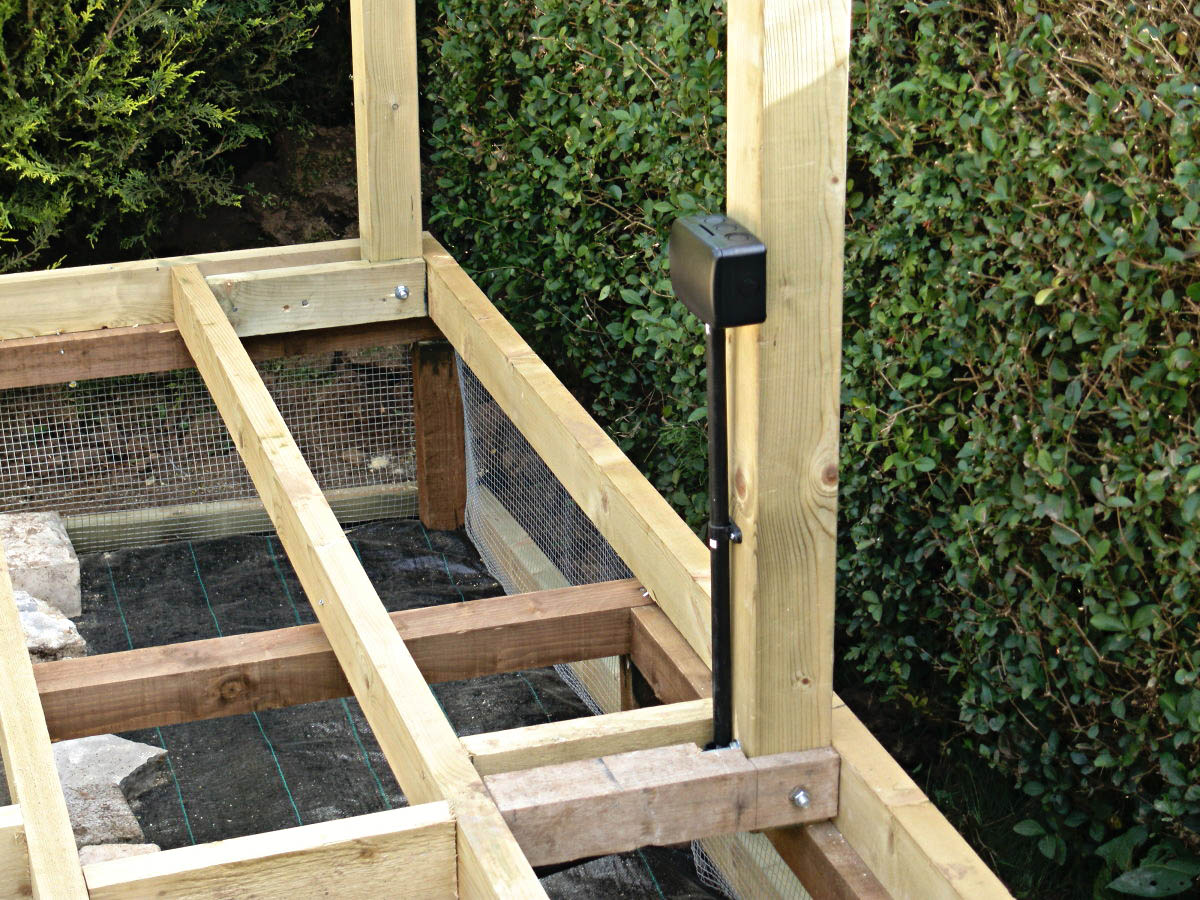
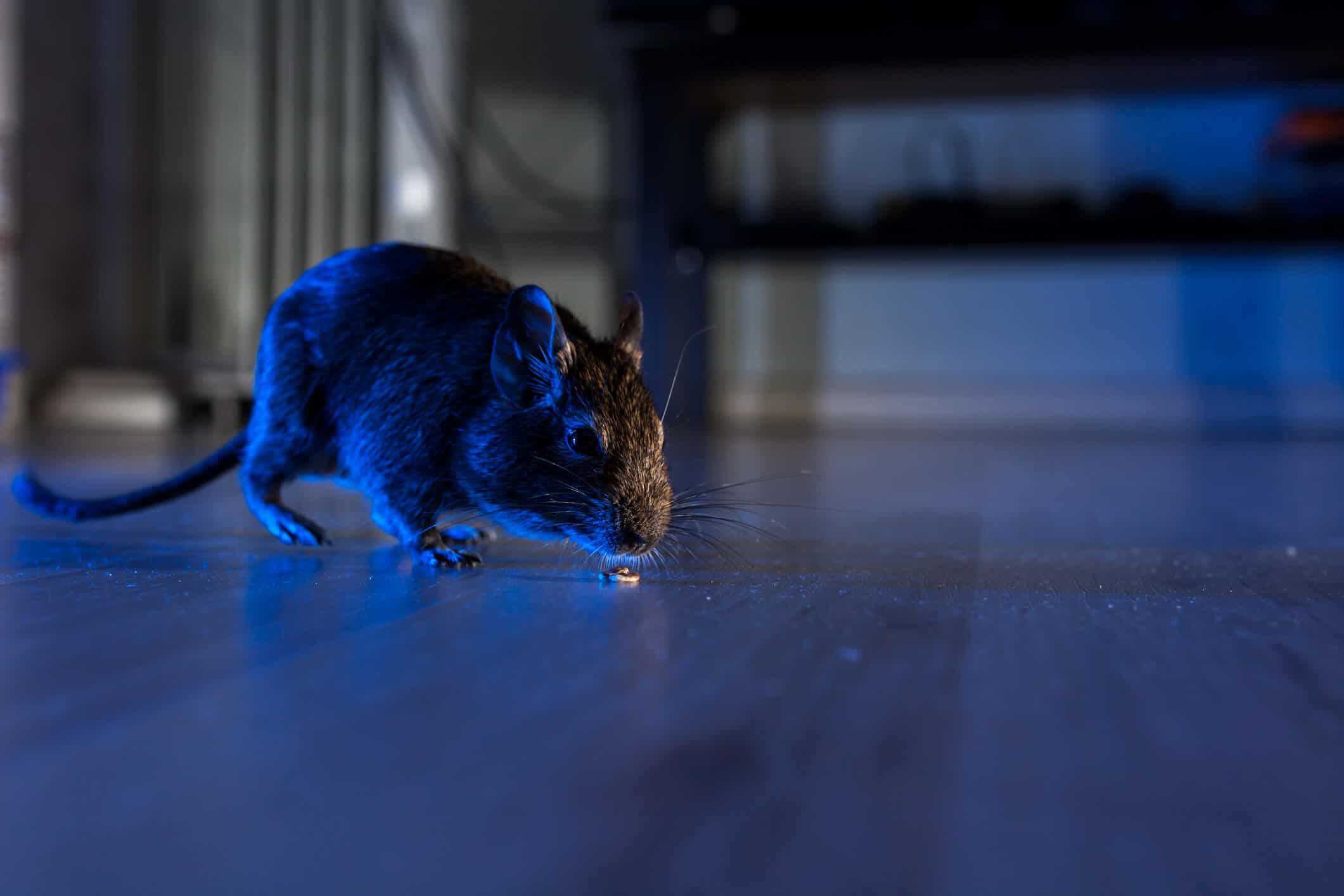
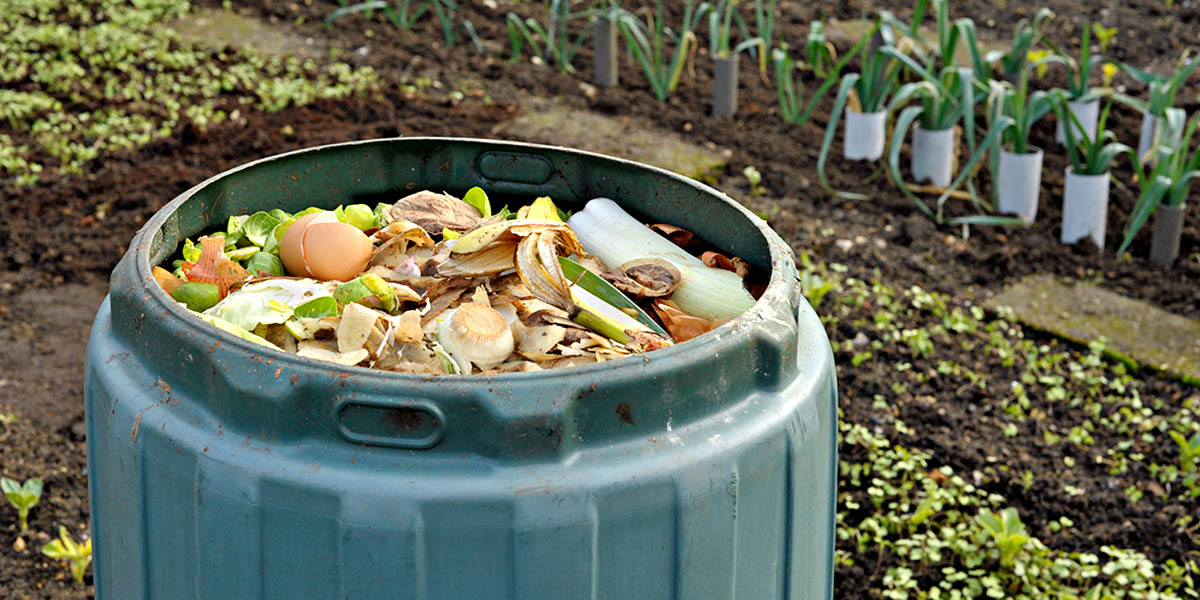
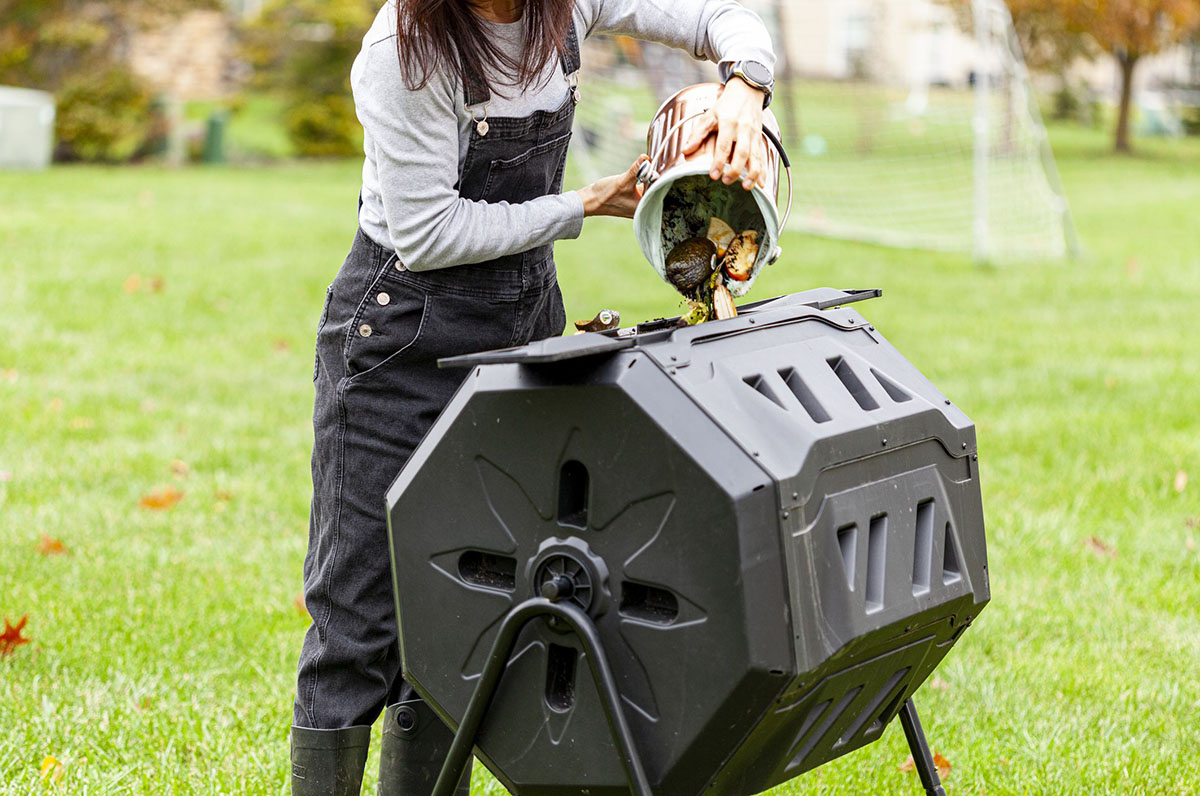
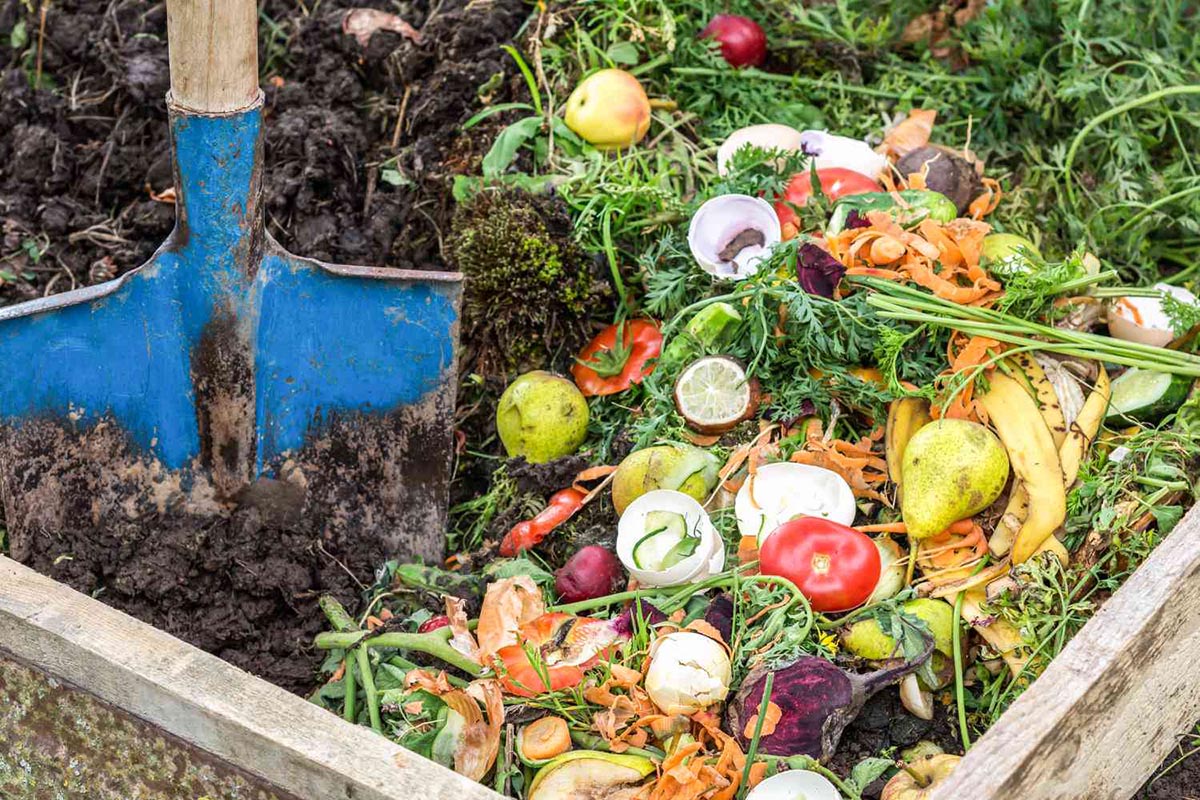
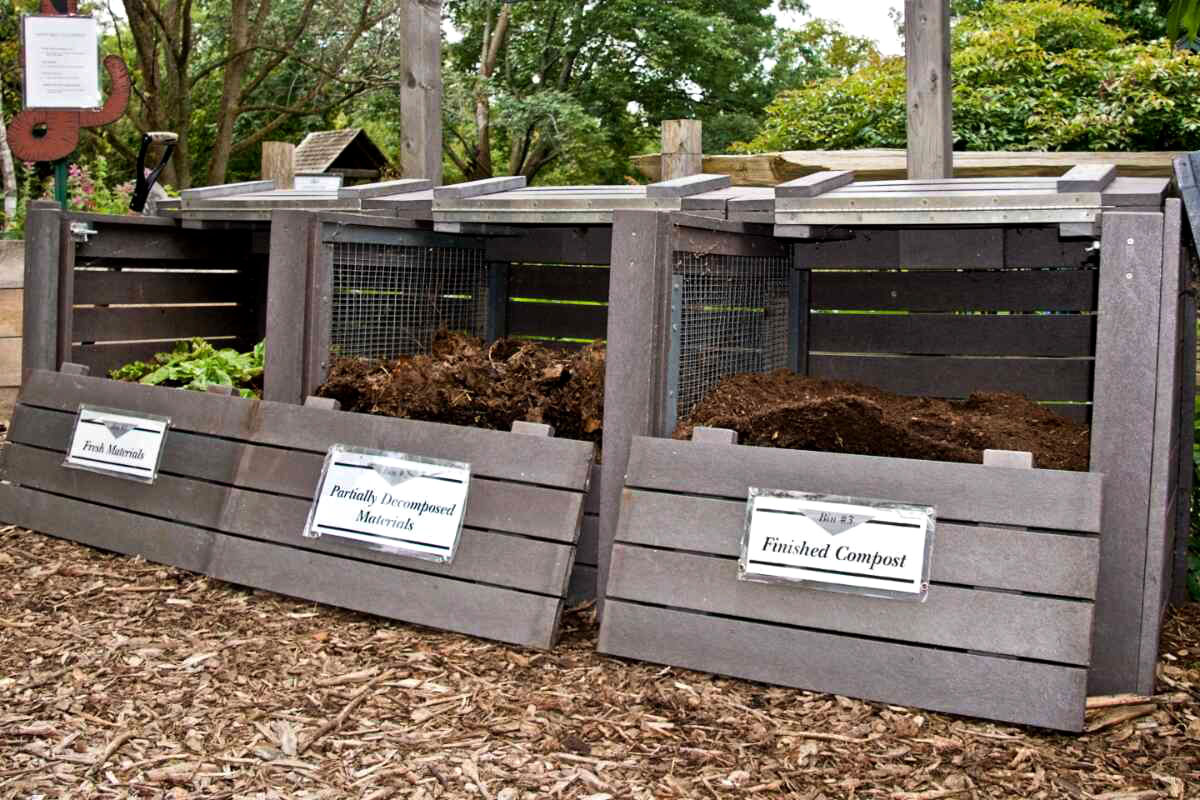
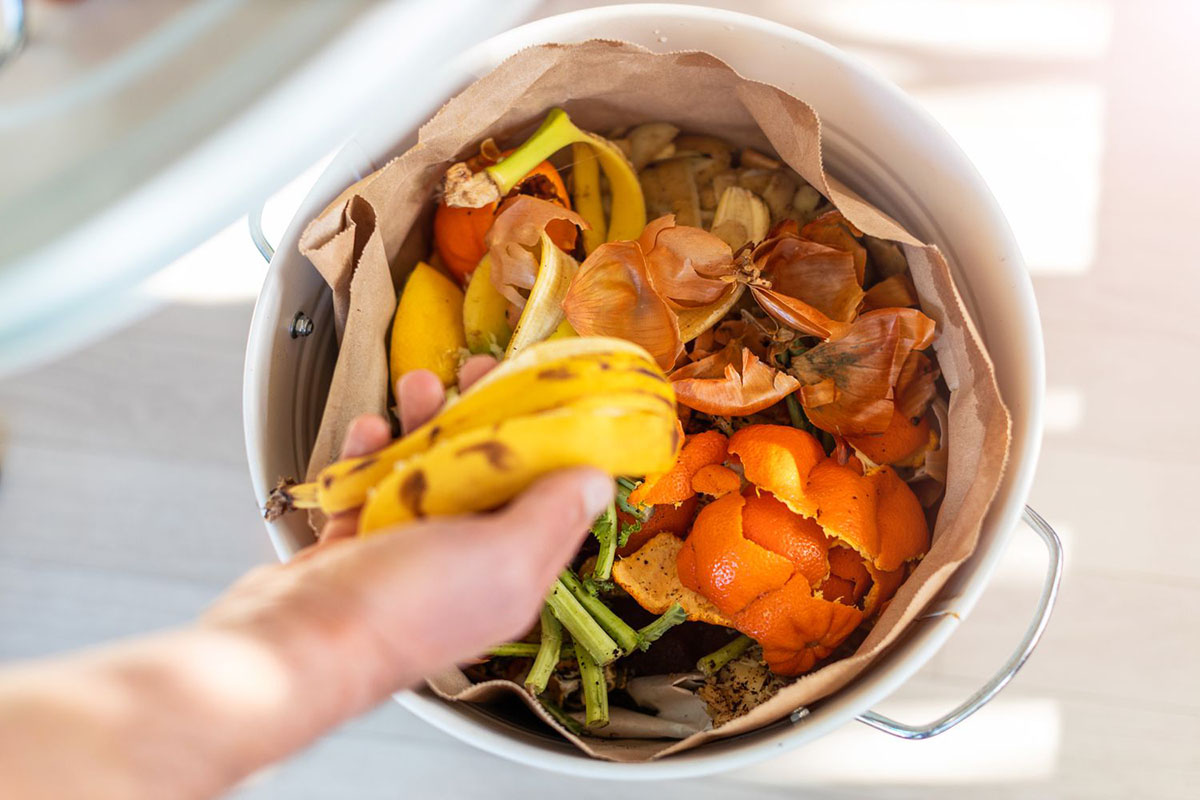
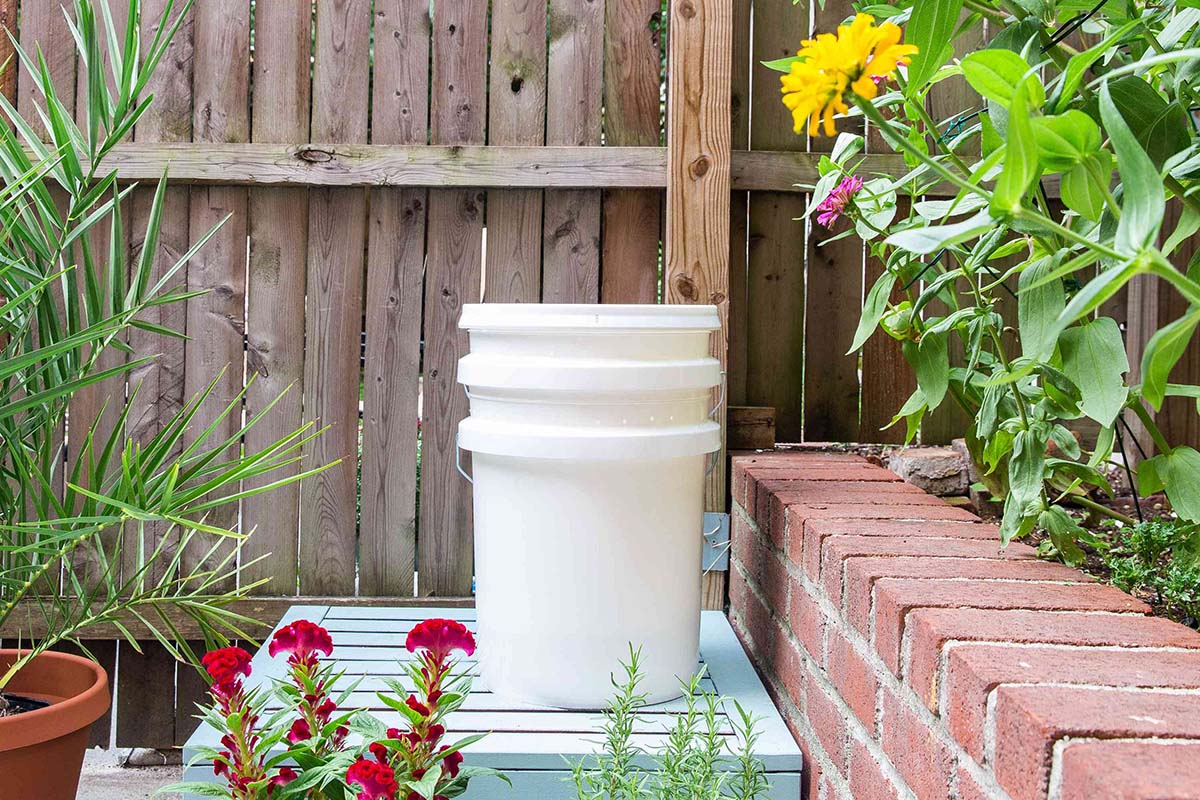
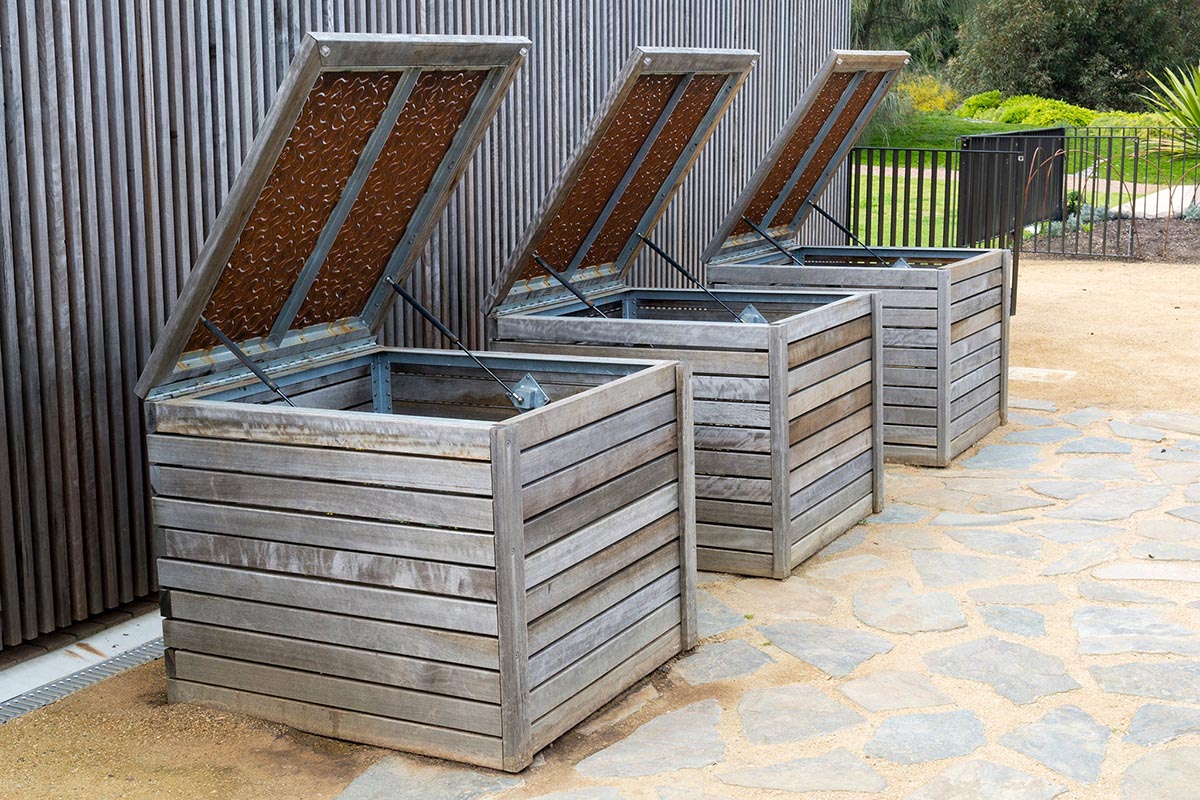
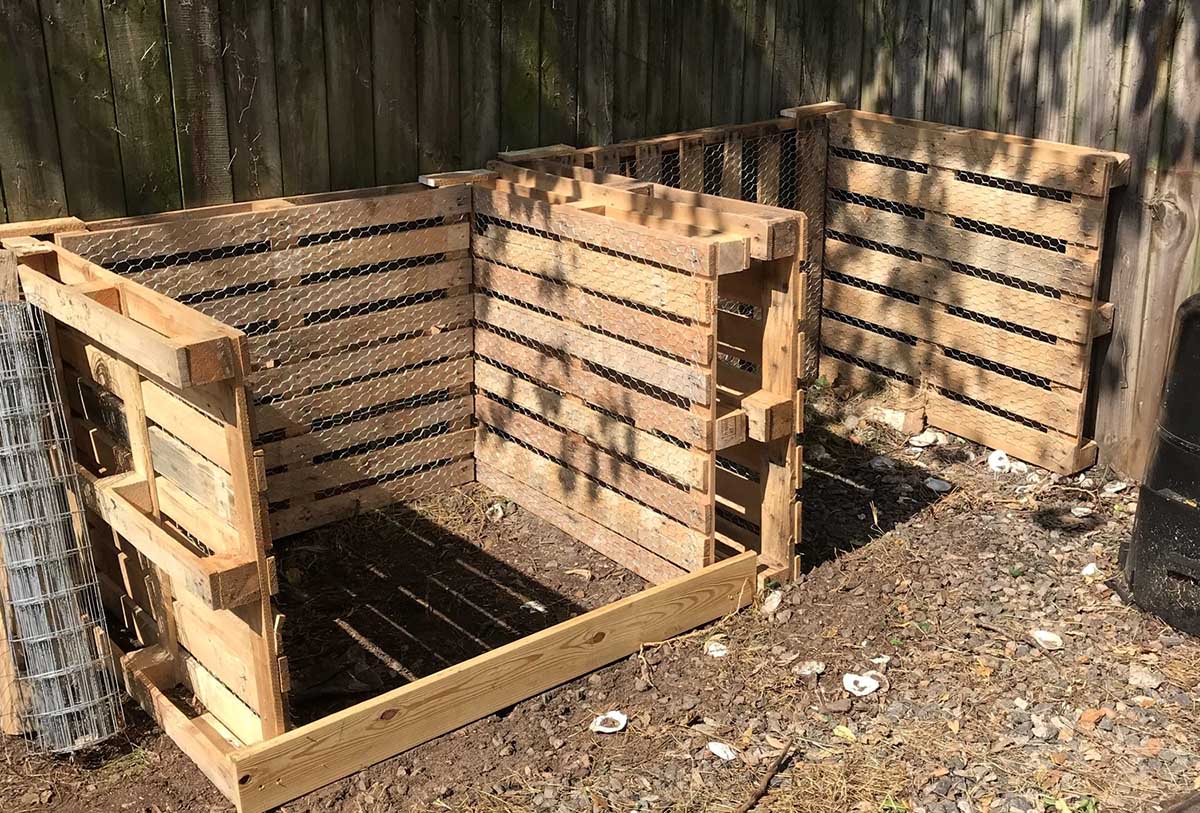

0 thoughts on “How To Get Rid Of Rats In Compost Bin”